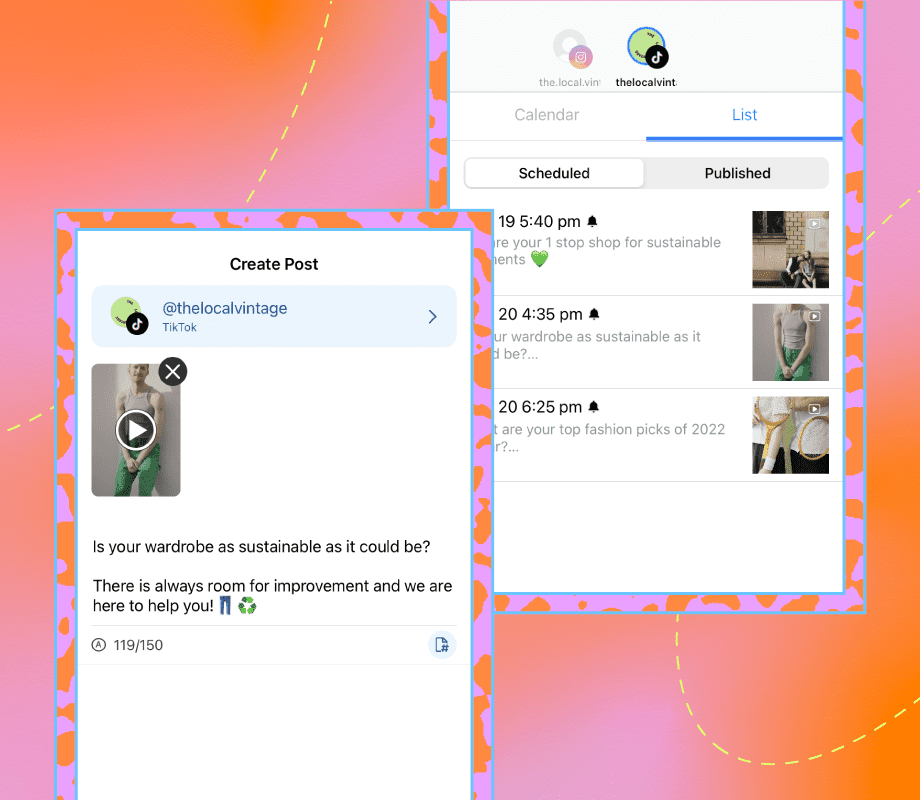Flexion, a startup that’s “building the brain for humanoid and human-capable robots,” has raised $50 million in funding, it tells Crunchbase News exclusively.
Founded in January by former Nvidia researchers, CEO Nikita Rudin and CTO David Hoeller, along with Julian Nubert and Fabian Tischhauser, Zurich-based Flexion has now raised a total of $57.35 million in funding.
The company plans to use its new capital in part to open a U.S. headquarters in the Bay Area.
DST Global Partners, NVentures, Redalpine, Prosus Ventures and Moonfire Ventures participated in the Series A financing.
Flexion was born out of years of research at ETH Zurich and Rudin’s work at Nvidia.
The executive argues that today, most robots rely on scripts, tele-operation or brittle task-specific code.
“That doesn’t scale,” he said.
Flexion’s platform, according to Rudin, replaces that with a full autonomy stack including language-level reasoning, vision-language-action motion generation, and transformer-based whole-body control “so robots can understand instructions, move through the world, and adapt to new situations with minimal human involvement.”
He added: “Unlike companies focused on a single robot form factor or on narrow behaviors, our system is built to work across morphologies and tasks, making it a true general-purpose intelligence layer for robotics.”
Put simply, Flexion’s mission is to build the AI foundation “for the next era of robotics” by giving humanoid robots “the intelligence they need to transform industries and daily life, making them safe, capable, and indispensable partners to humans.”
Its funding comes amid what looks like a robust year for robotics-related venture investment overall, with more than $10.7 billion invested globally as of Nov. 19, per Crunchbase data, already topping every full year since 2021.
All kinds of robots, all kinds of tasks
Flexion differs from other efforts around foundational models for robotics in a couple of ways, Rudin said.
First, it does not rely on hand-engineered behaviors or teleoperation, in which a human operator controls and trains a robot remotely. Rather, Flexion primarily uses synthetic data generated from high-performance physics simulations to train its models.
Second, it claims to leverage reinforcement learning techniques with the goal of delivering software “that is robust to the high diversity of the real world.”
This gives Flexion an advantage, claims Rudin, in that its data generation is not constrained by human labor, and its models can “generalize and perform beyond the limits” of teleoperation setups.
The startup is initially focused on humanoid and human-capable robots, because, as Rudin puts it, they represent the highest-value opportunity, performing “useful work” in applications across industrial settings, logistics, manufacturing, and eventually, areas like disaster response and planetary exploration.
Because Flexion’s platform is morphology-agnostic, the company also sees opportunity in wheeled platforms, multiarm systems, and other complex robotic forms. Over time, Flexion’s goal is to be relevant anywhere robots need to perform long-horizon tasks autonomously.
Expansion plans
Presently, Flexion has 31 employees. Besides expanding to the U.S., the company plans to use its new capital to expand its Zurich-based R&D team, scale compute and robot fleets, and accelerate commercialization of its autonomy stack.
Rudin says the startup is already working with major OEM partners and the funding will help it to scale those partnerships globally. Flexion licenses its software with an annual per-robot software licensing model.
“There is a clear appetite for a software-only intelligence layer that can generalize across robot bodies,” Rudin told Crunchbase News. But its priority for now, he said, is to stay focused on core technology development.
Working at Nvidia gave Rudin “a deep appreciation” for the compute and data flywheel that enabled the leap in large language models.
“Working on the fundamental tools for robot learning training provided me a window into the challenges robotics companies were facing: They are rebuilding the same components, going through the same learnings, and fighting the same challenges,” he said.
‘The toughest and most defensible part of the stack’
Philip Kneis, an investor at Redalpine, told Crunchbase News via email that after looking into the robotics space for years, Flexion stood out because in his firm’s view, it is focused on “the toughest and most defensible part of the stack: building a shared brain for robots.”
“They’ve already put robots to work in the real world …” he said. “That ability to turn cutting-edge research into robust, field-tested autonomy is a big part of why we invested.”
Sandeep Bakshi, head of Europe investments for Prosus Ventures, said the startup’s simulation-first approach was compelling because it hadn’t seen any other robotic model developers building with that approach.
“Most players in the market today are taking teleoperations-heavy approaches, which requires hundreds of thousands of hours of manual human demonstrations — an approach we believe is fundamentally unscalable in the long run,” he added. “Robotic foundation model developers will eventually need to heavily leverage simulation-based training, and the Flexion team is best suited to win with this approach.”
Related Crunchbase queries:
Related reading:
Illustration: Dom Guzman

Stay up to date with recent funding rounds, acquisitions, and more with the
Crunchbase Daily.










